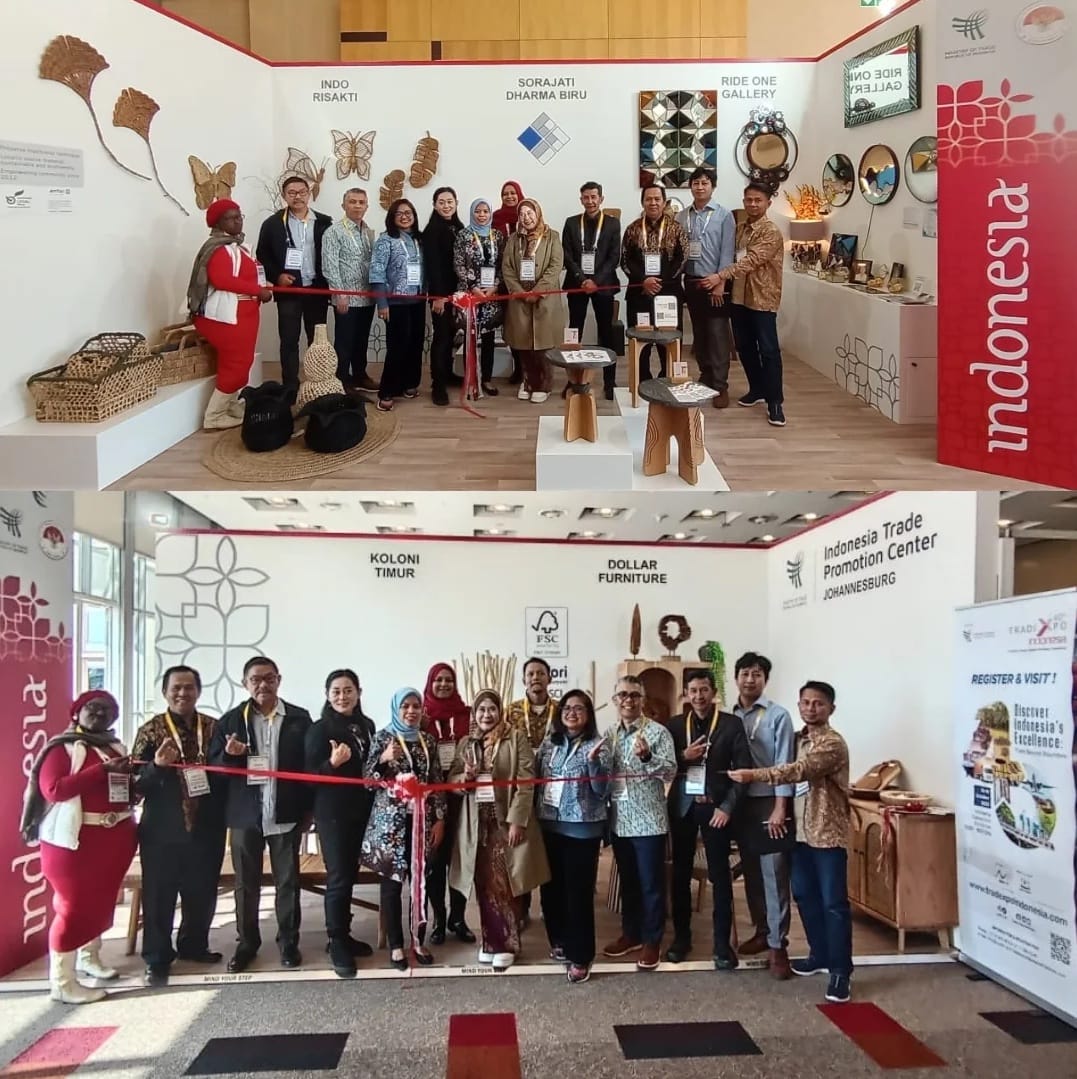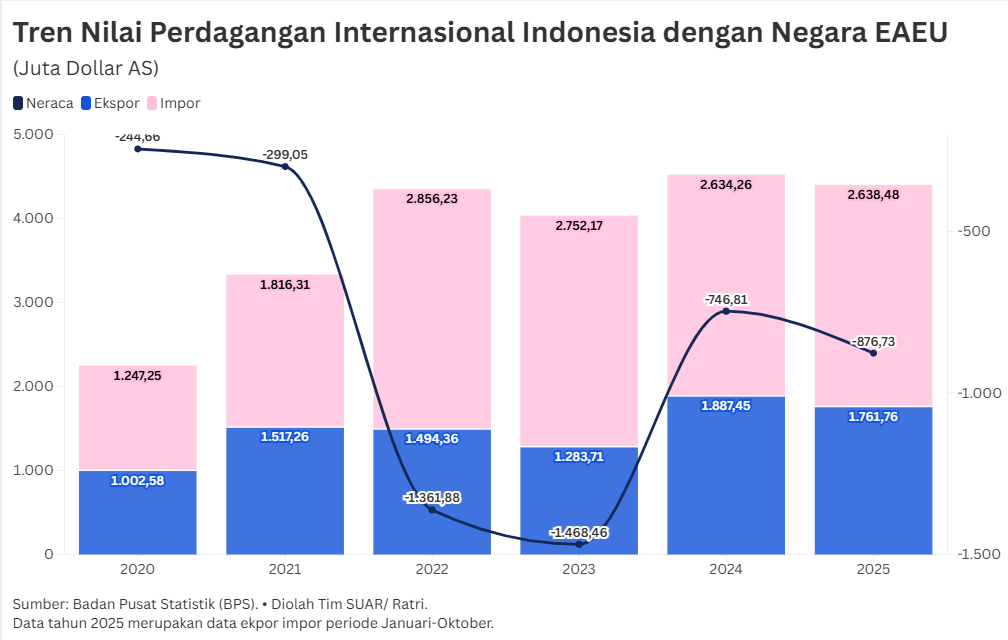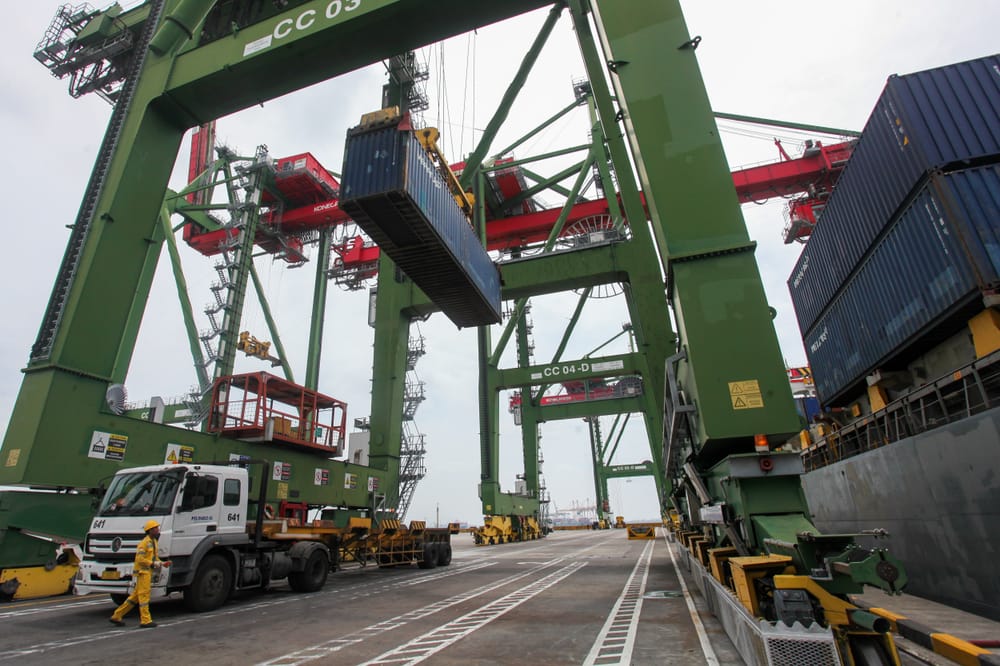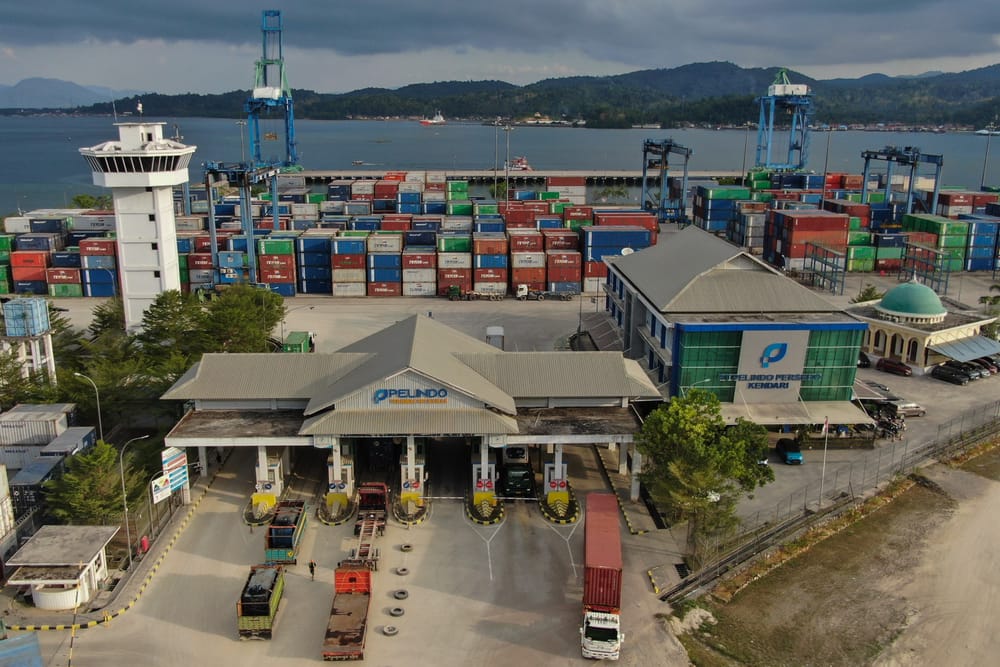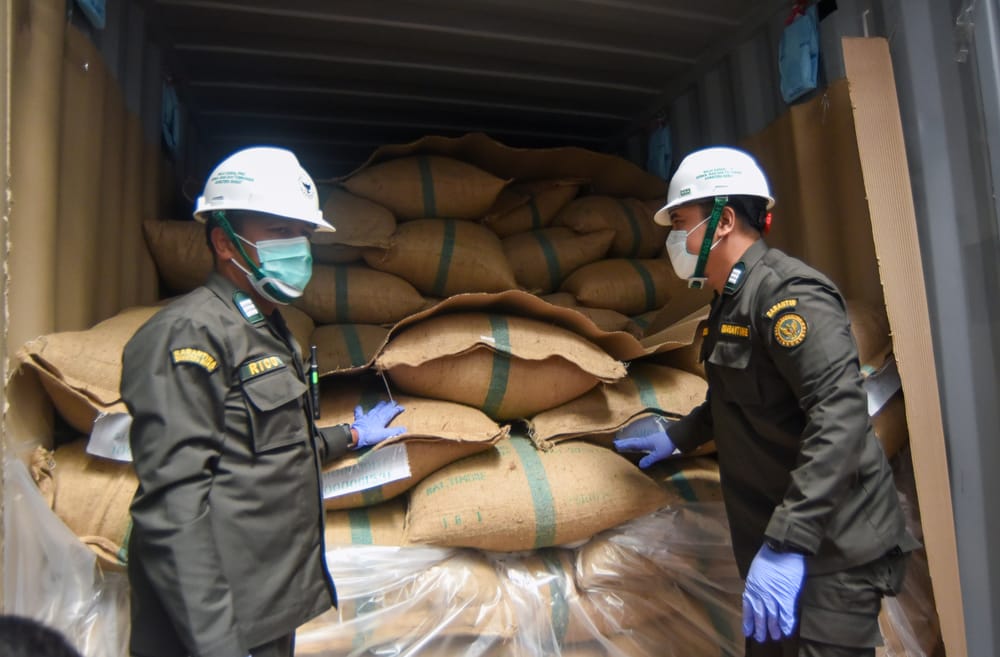Even though hit by a 19% export tariff to the United States (US), furniture industry players do not need to dwell too long in worry. Because, now a new export market destination option has opened up. Namely, to South Africa.
By recording a potential transaction of USD 520,500 or around Rp 8.5 billion in the Decorex Johannesburg 2025 Exhibition, the national furniture industry is now eyeing non-traditional markets to maintain business stability.
Head of the Indonesian Trade Promotion Center (ITPC) Johannesburg Efri Yenni said that this is a strategic step to open up new markets outside the traditional market, especially after the import tariff policy in the United States.
"Indonesia's participation in this exhibition is one way to open new markets and increase market access and promote Indonesian products in South Africa. The imposition of reciprocal tariffs by the United States, which is also one of the main countries for exporting Indonesian furniture and home decorations, can be used as an impetus to find new alternative markets in non-traditional countries," he said in an official statement (7/8/2025).
Chairman of the Indonesian Furniture and Handicraft Industry Association (HIMKI) and Chief Executive Officer (CEO) of Global Kriya Nusantara, Abdul Sobur, also sees great potential in non-traditional markets, especially South Africa. He responded positively to Indonesia's participation in the Decorex Johannesburg 2025 exhibition, calling it a strategic step.
He assessed that Indonesia's participation in the exhibition was a strategic step to open up non-traditional markets. "In general, Indonesia's presence was quite appreciated there, with positive buyer responses to furniture products made from tropical wood and distinctive ethnic-modern designs. We encourage this participation to be expanded and followed up with concrete business matching," he told SUAR (8/8/2025)
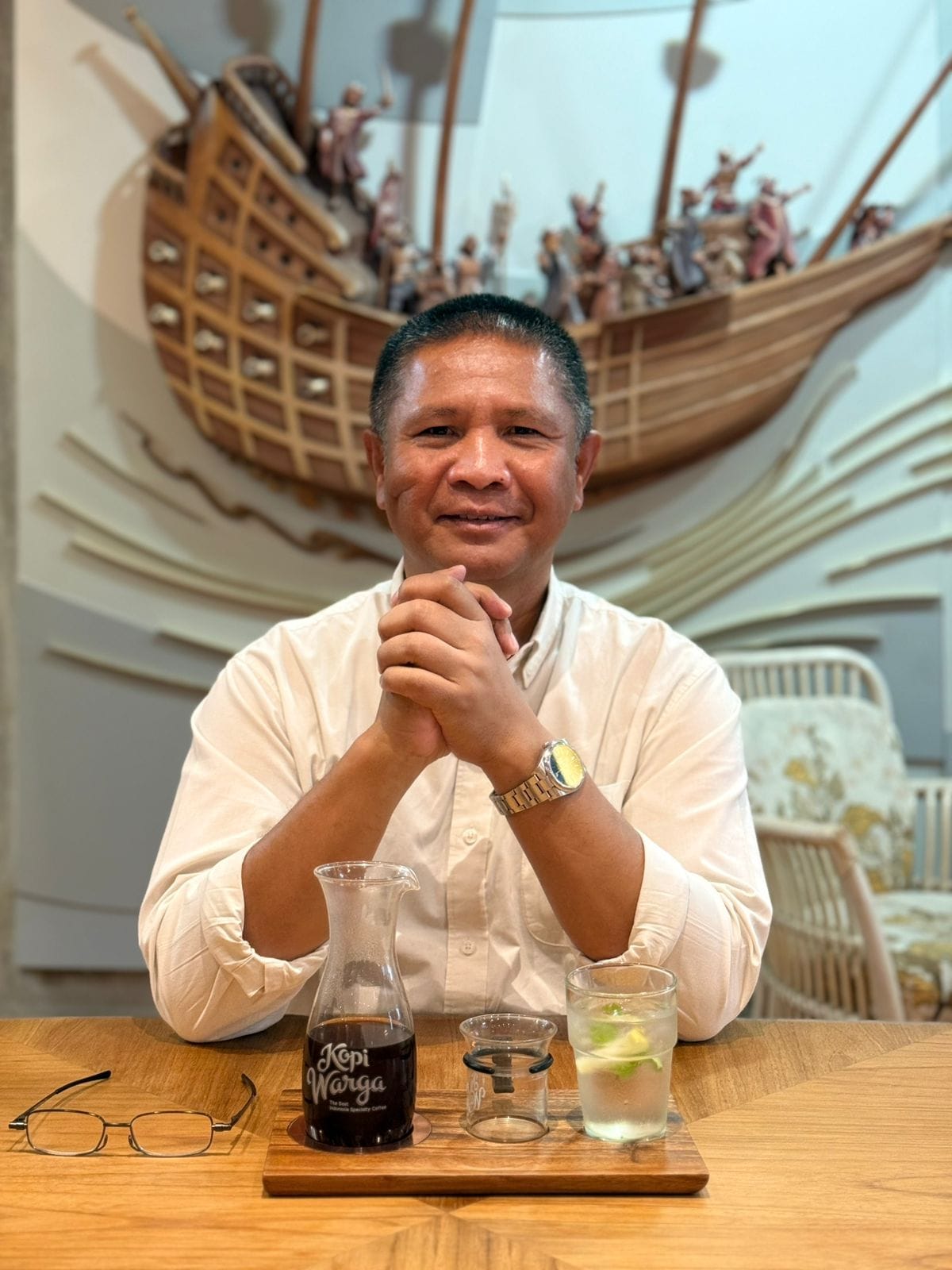
According to him, South Africa has the potential to become a gateway to the Sub-Saharan African market. This country has a growing middle class and a need for quality furniture for various projects, such as properties, hotels and villas.
He admitted that exports to South Africa are still minimal, only about 0.1% of Indonesia's total furniture exports. However, he remains optimistic that export volume can be increased with more integrated logistics and promotion support.
Economist at the Center of Reform on Economics (CORE) Indonesia, Mohammad Faisal, explained that although many African countries are still classified as lower-middle economies, the growth of the middle class continues to increase. This condition makes them a promising target market, especially for products such as furniture.
"South Africa is one of the largest economies in Africa, with the highest purchasing power in South Africa. So, the furniture market is actually promising," he told SUAR (8/8/2025).
Medium-sized companies such as CV Surya Java Furnindo, a furniture exporter from Jepara Regency, are also diversifying their markets to the African region as a strategy to maintain business stability. This was revealed by Johan Lesmana, a furniture producer and exporter at the company.
"There are many [new market potentials], such as our new buyers coming from various countries, including New Caledonia, Lithuania, Libya, and even the African market has been our export destination," he told SUAR (8/8/2025).
Johan explained that his company does not specialize in exporting to certain countries. Since 2015, his company has continued to expand its market and does not only rely on one or two export destination countries.
This diversification strategy allows his company to maintain export quantities. Johan exemplified that a buyer from Lithuania can order up to three containers, while a regular buyer from Germany can order one container every two months.
Overcoming logistics and regulatory challenges
Despite its great potential, Abdul Sobur does not deny that there are major challenges in penetrating the South African market. Logistics issues are the biggest obstacle due to high shipping costs caused by limited direct routes.
"The main challenges are logistics, import tariffs, and lack of market information. Shipping costs are quite high due to limited direct routes," he explained.
In addition, he added that technical regulations in South Africa related to product safety and certification are also obstacles. The lack of aggregators or Indonesian representatives in the region also makes market penetration less than optimal, according to him.

Economist Mohammad Faisal added that Indonesia also needs to pay attention to competitive prices to compete with major players, especially China. China is able to supply products in large quantities at very low prices.
"If the goods in Africa that are non-food, especially for electronics, also come from China a lot. Because China can supply in large quantities at competitive prices, which are very cheap. China is also the world's largest manufacturing production site with competitive prices," he explained.
Apart from China, according to him, India and several Association of Southeast Asian Nations (ASEAN) countries, such as Vietnam, are also competitors that should be taken into account. He suggested that Indonesia not only focus on price, but also on the quality and the right type of product to win the competition in the global furniture market.
To overcome these obstacles, Abdul Sobur stated that HIMKI is exploring collaborative strategies with various parties. The aim is to overcome the lack of market information and the lack of Indonesian representatives in the region, so that new export opportunities to the African region can be maximized.
Market diversification to South Africa is not only a strategy to overcome traditional market pressures, but also opens a new chapter for the growth of the national furniture industry on the global stage.


